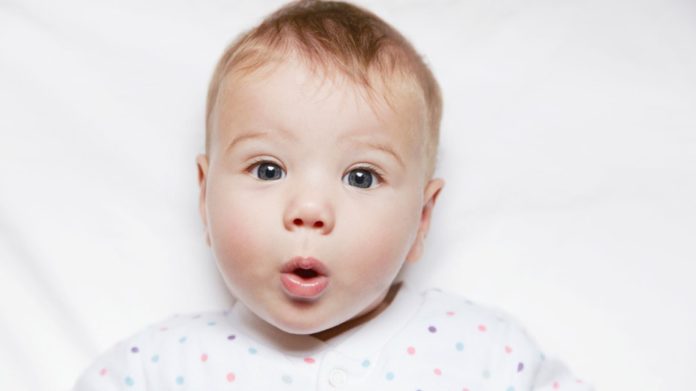UK is the first country to allow babies using DNA from 3 people

LONDON — The House of Lords has passed the use of controversial techniques to create babies from the DNA of three people.
Peers, or members of the House of Lords, passed the motion Tuesday evening without a vote after defeating an amendment that would have derailed it. Earlier this month, the House of Commons voted for the proposals with a majority of 254 votes.
With peers backing the regulations, the UK becomes the first country in the world to enable such a practice. Human trials could take place starting in October of this year, and the first three-person babies could be born by the fall of 2016.
Health experts have argued that three-person IVF could eliminate defects in the mitochondria that can result in diseases such as muscular dystrophy, heart, kidney and liver failure. Others, however, think it crosses a boundary and have warned against tampering with DNA.
Mitochondria are the tiny, biological “power stations” that give the body energy. They are passed from a mother, through the egg, to her child.
The techniques would likely only be used in about a dozen British women every year who have faulty mitochondria, the energy-producing structures outside a cell’s nucleus. To fix that, scientists remove the nucleus DNA from the egg of a prospective mother and insert it into a donor egg from which the nucleus DNA has been removed. This can be done either before or after fertilization.
The resulting embryo would end up with the nucleus DNA from its parents but the mitochondrial DNA from the donor. Scientists say the DNA from the donor egg amounts to less than 1% of the resulting embryo’s genes.
Have something to add to this story? Share it in the comments.
